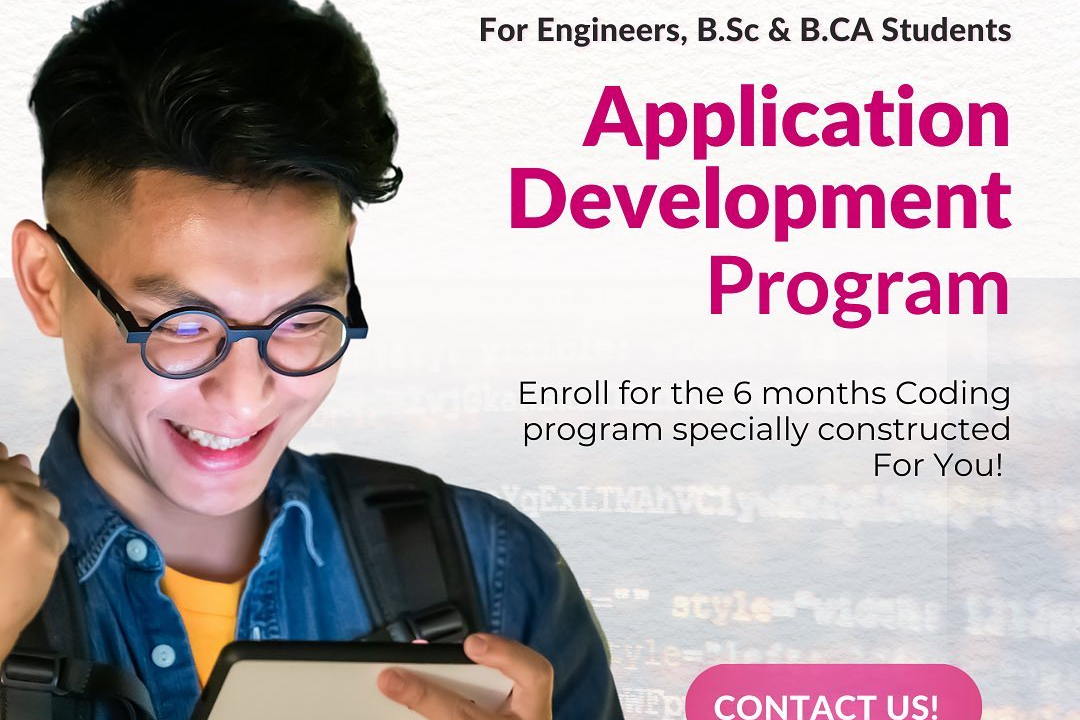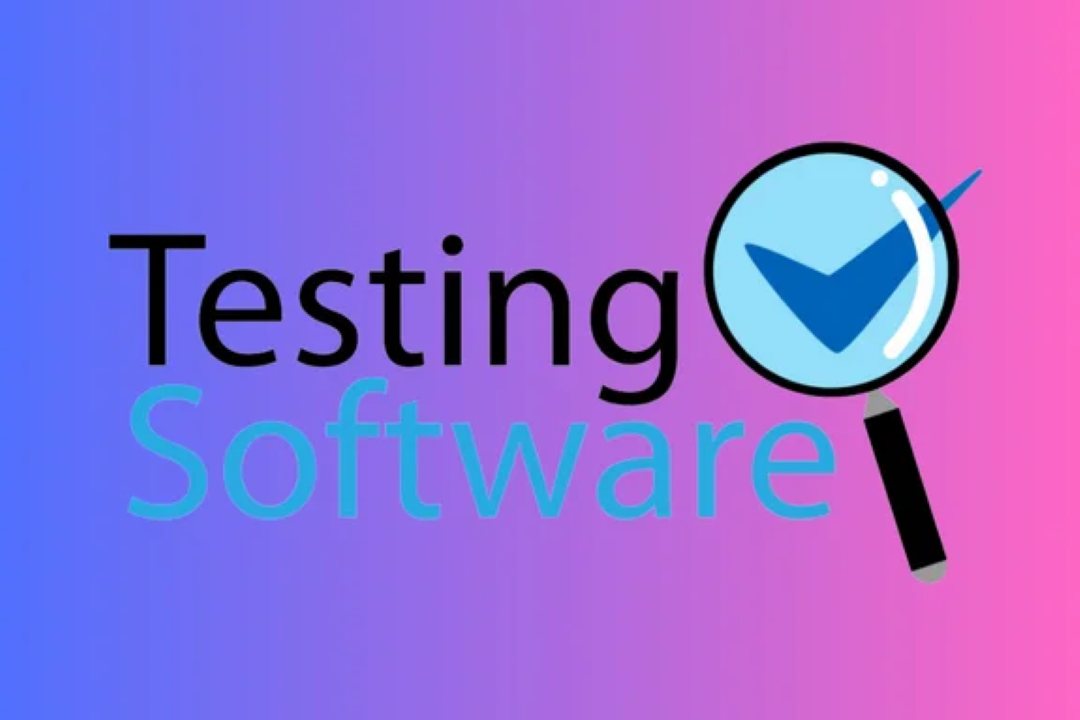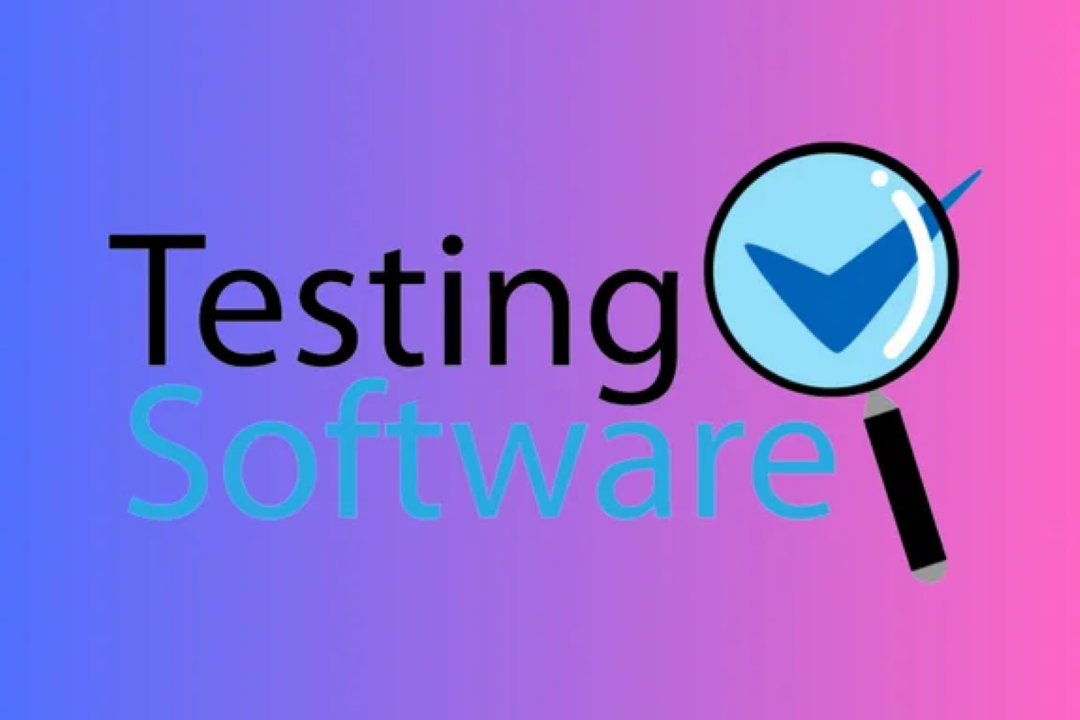Best React Native Timer
The best React Native timer is typically a versatile, high-performance library that allows developer
Best React Native Timer
The best React Native timer is essential for creating responsive and interactive applications by efficiently managing time-based functionalities such as countdowns, intervals, and animations. Utilizing libraries like react-native-timer allows developers to implement precise scheduling of tasks and events, ensuring smooth user experiences. This capability is especially useful in scenarios such as games, workout apps, or any application that requires real-time updates, as it helps maintain performance and responsiveness even during complex operations. With intuitive APIs and support for both foreground and background processes, these timers simplify the development of dynamic features that enhance user engagement.
To Download Our Brochure: https://www.justacademy.co/download-brochure-for-free
Message us for more information: +91 9987184296
The best React Native timer is essential for creating responsive and interactive applications by efficiently managing time based functionalities such as countdowns, intervals, and animations. Utilizing libraries like react native timer allows developers to implement precise scheduling of tasks and events, ensuring smooth user experiences. This capability is especially useful in scenarios such as games, workout apps, or any application that requires real time updates, as it helps maintain performance and responsiveness even during complex operations. With intuitive APIs and support for both foreground and background processes, these timers simplify the development of dynamic features that enhance user engagement.
Course Overview
The “Best React Native Timer” course offers an in-depth exploration of effective time management techniques using React Native, focusing on the implementation of robust timer features for mobile applications. Participants will learn to create countdowns, intervals, and real-time updates through hands-on projects, enhancing user engagement and application performance. The course covers essential libraries, best practices, and optimization strategies, enabling developers to integrate efficient timing functionalities seamlessly into their apps. With practical examples and real-world scenarios, this course equips learners with the necessary skills to elevate their React Native development capabilities.
Course Description
The “Best React Native Timer” course provides a comprehensive guide to developing efficient timer functionalities in mobile applications using React Native. Participants will gain hands-on experience creating features such as countdowns, intervals, and real-time updates, focusing on enhancing user experience and application responsiveness. The course covers essential libraries and best practices for implementing timers effectively, ensuring that developers can integrate these functionalities seamlessly into their projects. Through practical examples and real-world applications, learners will acquire the skills necessary to elevate their React Native development and deliver high-quality, interactive mobile experiences.
Key Features
1 - Comprehensive Tool Coverage: Provides hands-on training with a range of industry-standard testing tools, including Selenium, JIRA, LoadRunner, and TestRail.
2) Practical Exercises: Features real-world exercises and case studies to apply tools in various testing scenarios.
3) Interactive Learning: Includes interactive sessions with industry experts for personalized feedback and guidance.
4) Detailed Tutorials: Offers extensive tutorials and documentation on tool functionalities and best practices.
5) Advanced Techniques: Covers both fundamental and advanced techniques for using testing tools effectively.
6) Data Visualization: Integrates tools for visualizing test metrics and results, enhancing data interpretation and decision-making.
7) Tool Integration: Teaches how to integrate testing tools into the software development lifecycle for streamlined workflows.
8) Project-Based Learning: Focuses on project-based learning to build practical skills and create a portfolio of completed tasks.
9) Career Support: Provides resources and support for applying learned skills to real-world job scenarios, including resume building and interview preparation.
10) Up-to-Date Content: Ensures that course materials reflect the latest industry standards and tool updates.
Benefits of taking our course
Functional Tools
1 - React Native: This is the core framework utilized in the course, enabling developers to create mobile applications using JavaScript and React. React Native provides a rich ecosystem of pre built components and APIs that allow students to build native apps with high performance. The framework’s ability to create cross platform applications means that students can learn a versatile skill set applicable across both iOS and Android platforms, enhancing their employability.
2) Node.js: Node.js is used in the course to run the backend logic of apps that may require timers or data fetching operations. It allows students to create a seamless connection between the frontend and backend of an app, providing real time functionalities that are crucial for any mobile application. Learning Node.js helps students understand server side programming, which complements their client side skills in React Native.
3) JavaScript: As the primary programming language for React Native, JavaScript is fundamental in this course. Students will deepen their understanding of JavaScript, including ES6+ features, asynchronous programming, and functional programming paradigms. Mastery of JavaScript is essential for effectively utilizing React Native, and this course emphasizes best practices in coding, ensuring students write clean and maintainable code.
4) Expo: Expo is a set of tools that streamlines the development process for React Native applications. In the course, students will learn to use Expo for rapid prototyping and development of their applications. Expo simplifies tasks such as building, deploying, and testing apps, allowing students to focus more on the app's functionality and user experience without getting bogged down by the intricacies of native code.
5) Visual Studio Code: Visual Studio Code (VS Code) is the code editor of choice for working on React Native projects. The course introduces students to its robust feature set, including debugging, Git integration, and extensions tailored for React Native development. Students will learn how to customize their development environment with themes and extensions, which can greatly enhance their productivity and code quality.
6) Git and GitHub: Version control is crucial in software development, and students will learn to use Git alongside GitHub for project management and collaboration. The course covers fundamental Git commands, branching, and merging workflows. Understanding Git and GitHub empowers students to track changes, collaborate with others, and contribute to open source projects, which are invaluable skills in the tech industry.
Together, these tools provide a comprehensive training program that equips students with the necessary skills to master React Native development, focusing on real world applications and project based learning.
Here are additional points that highlight the technologies and methodologies utilized in our course offerings at JustAcademy:
7) Redux: To manage application state effectively, students will learn Redux, a predictable state container for JavaScript apps. This is particularly important for React Native apps that have complex user interfaces that require consistent state management. The course will cover concepts such as actions, reducers, and the Redux store, equipping students with the skills to build scalable applications that can handle extensive user interactions.
8) RESTful APIs: Understanding how to interact with RESTful APIs is crucial for mobile app development. In the course, students will learn how to fetch and send data to server endpoints, manage data asynchronously, and handle common API related challenges. This knowledge is essential for creating robust applications that provide dynamic content to users.
9) UI/UX Design Principles: Beyond coding, the course will introduce students to essential User Interface (UI) and User Experience (UX) design principles. Students will learn how to create intuitive and visually appealing interfaces that enhance user engagement. Topics include color theory, typography, layout design, and usability testing, which are critical for developing user friendly applications.
10) Testing and Debugging: Quality assurance is vital in software development. The course will include training on testing methodologies such as unit testing, integration testing, and end to end testing specifically for React Native apps. Students will learn how to utilize testing libraries and frameworks, such as Jest and React Testing Library, to ensure their applications are robust and free of critical bugs.
11 - Deployment Processes: Students will be guided through the processes of deploying their React Native applications to app stores (Google Play and Apple App Store). This includes creating build configurations, signing the app, and understanding the requirements and guidelines for each platform. Knowledge of the deployment process is essential for bringing apps to users and for demonstrating project outcomes.
12) Continuous Integration and Continuous Deployment (CI/CD): The course will introduce concepts of CI/CD to automate the testing and deployment of applications. Students will learn about tools like GitHub Actions or CircleCI to set up pipelines that ensure code changes are automatically tested and deployed, confirming best practices in modern development workflows.
13) Performance Optimization: Ensuring that mobile applications run efficiently is crucial. Students will explore strategies for performance optimization in React Native apps, such as lazy loading, optimizing images, and minimizing render cycles. They will learn how to leverage profiling tools to identify performance bottlenecks and improve the overall user experience.
14) Navigation in React Native: Understanding navigation is key to building mobile apps. The course will cover React Navigation, which allows developers to manage routing and navigation between different screens within the application, including stack navigation, tab navigation, and drawer navigation. This knowledge is critical for creating seamless user experiences in multi screen applications.
15) Real time Data Handling: Many modern applications require real time capabilities. The course will delve into technologies like WebSockets or Firebase to implement real time data synchronization and messaging features. This allows students to create dynamic applications that respond instantly to user actions, enhancing interactivity.
16) Community and Networking: Students will be encouraged to engage with the broader developer community through platforms like forums, meetups, and conferences. Understanding the importance of networking helps students stay updated with industry trends and opens up opportunities for collaboration and professional growth.
These comprehensive points ensure that students gain a well rounded education in React Native development, encompassing not just coding skills but also best practices in project management and collaboration, preparing them for real world challenges in the tech industry.
Browse our course links : https://www.justacademy.co/all-courses
To Join our FREE DEMO Session:
This information is sourced from JustAcademy
Contact Info:
Roshan Chaturvedi
Message us on Whatsapp:
Email id: info@justacademy.co










